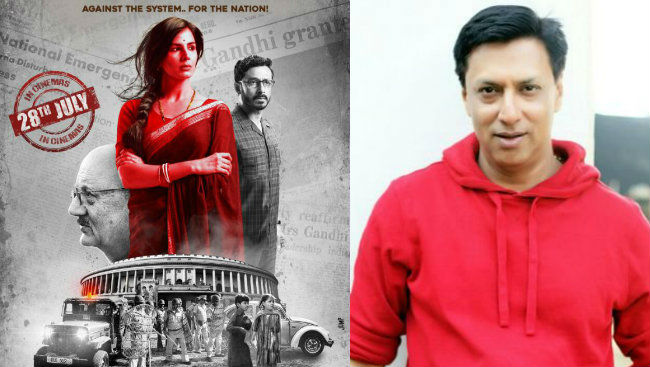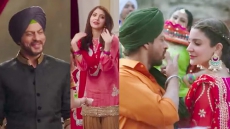Actress Kirti Kulhari, who plays the protagonist in Madhur Bhandarkar's forthcoming film "Indu Sarkar", which is embroiled in a censorship controversy, believes people should know where to draw a line when it comes to reactions that are based on a three-minute trailer of the movie.
The actress who shot to fame with "Pink" said its her first brush with controversy in cinema.
"This is my first time for sure with controversy. I have heard a saying in Bollywood that every publicity is good publicity so as far as our film is concerned, its great... people will have reactions."
"I understand the film has a subject which will invoke further reactions, which are more negative than positive, I would say," she told the media here.
Kirti said the team is "handling" the reactions and hoped the audience judges the film based on its entire content.
"In the name of freedom of expression people are just expressing themselves whatever they feel about the film just looking at a three minutes trailer which is really amazing for me," the actress said.
"But having said that, as long as those protests don't harm us or our film or our release of the film, we will handle it. We are handling it," she added.
"People should know where to draw a line. If they want to have the freedom to express themselves, they should also let us have the freedom to express ourselves through the films that we make, through the subject we decide to make the film on. So far so good... we have been able to handle it. I do hope people watch the film and react to finally what they see onscreen," she said.

She plays a poetess who stammers in the film that is set in the 1980s.
The film "Indu Sarkar", set in the backdrop of the Emergency, features Neil Nitin Mukesh, Kirti and Tota Roy Chaudhary and is all set to release on July 28.
The Central Board of Film Certification (CBFC) has suggested 12 cuts and two disclaimers in the film.
Kirti opined that the censor board should limit itself to certification only.
"I think it's time CBFC just give a certificate and let people take a call for themselves whether they like what they see or they don't like it," Kirti said.
"Also give they should give the audience the freedom to form their own opinion rather than giving out the version of the film which they think is good for the people," Kulhari told reporters here.
"We keep talking about censorship, we don't realise that we live in an age of the internet where everything is available online," she added.





